Jewish Holidays

Judith Sheindlin
For two and half decades, former New York family court Judge Judith Sheindlin has riveted daytime viewers, racked up awards, and sold thousands of books to people hungry for the tough love of a tough Jewish mother. Millions of viewers who watch Judge Judy every day are treated to many Yiddish words and wisdom the jurist uses on a parade of deserving participants who enter her TV studio courtroom.
Shiphrah: Bible
Shiphrah: Midrash and Aggadah
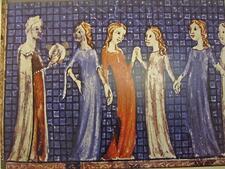
Medieval Spain
Written histories of Jews in medieval Spain rarely include women, so one must seek alternate sources. Marital status was the frequent topic of rabbinic responsa. Some Jewish women made their own income as merchants and moneylenders. Inheritance laws were problematic for Jewish women – disputes were settled in both Jewish and non-Jewish courts.
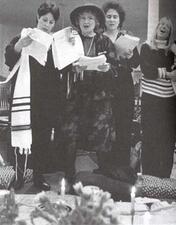
Spirituality in the United States
Jewish women’s spirituality developed historically within the confines of a patriarchal tradition. Over time, feminists have developed rituals and created spaces that honor the unique experiences of women.
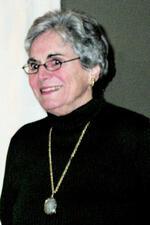
Shirley Cohen Steinberg
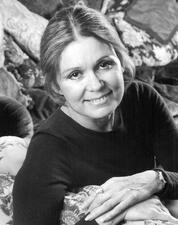
Gloria Steinem
Gloria Steinem was a leader of second-wave feminism and the co-founder of Ms. Magazine, the first feminist periodical with a national readership. As a journalist and spokesperson, she mobilized a generation of women to advance the cause of women’s liberation. Steinem has worked tirelessly all her life as an advocate for change.
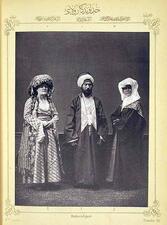
Turkey: Ottoman and Post Ottoman
The Jewish population of Turkey navigated far-reaching changes in the political, social, and geopolitical spheres in the late nineteenth and the early twentieth centuries, as the Ottoman Empire pursued reform and collapsed and the Turkish Republic that took its place imposed a process of “Turkification” on its residents. During this period, Jewish women partook in traditional customs relating to religion, family, and the home, while also accessing new opportunities in the public sphere through education and political engagement.
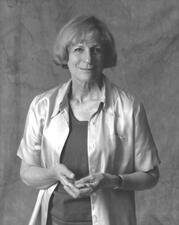
Ruth Weisberg
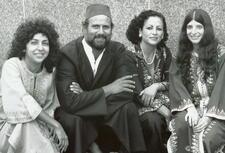
Women and Sephardic Music
Ladino or Judeo-Spanish Sephardic songs are primarily a women’s repertoire. The two main traditions are that of northern Morocco and the Eastern Mediterranean, primarily today’s Turkey, Greece, the Balkans.

Women Religious Workers in Eastern Europe
In nineteenth- and early twentieth-century Eastern Europe, Jewish women served their communities as spiritual leaders and paid religious functionaries. The main women’s leadership roles documented in Yiddish literature, memoirs, memorial books, and ethnographic studies include the midwife, the evil eye healer, the cemetery measurer, the prayer leader, and the mourning woman.


